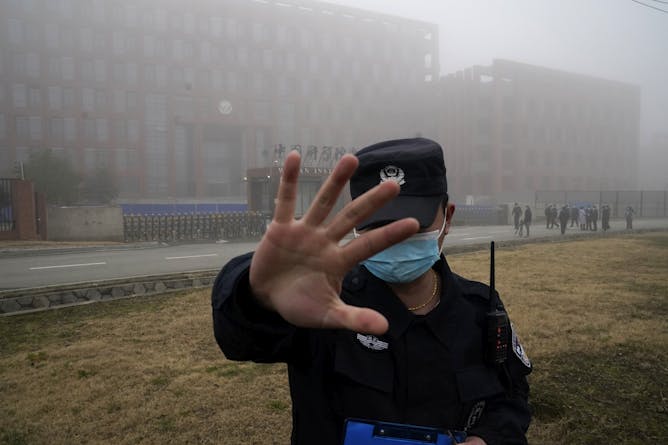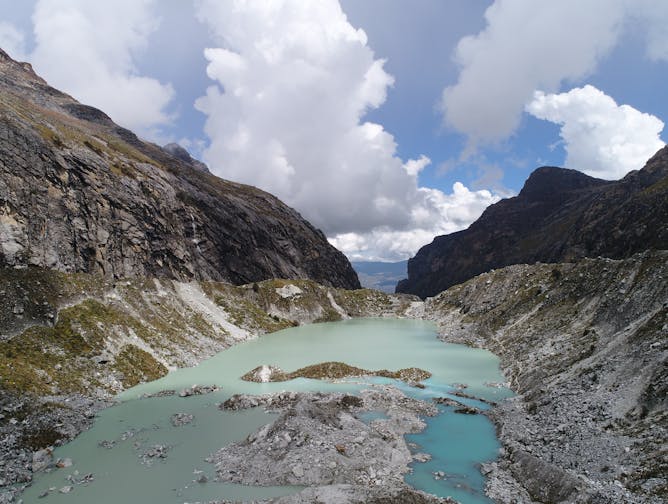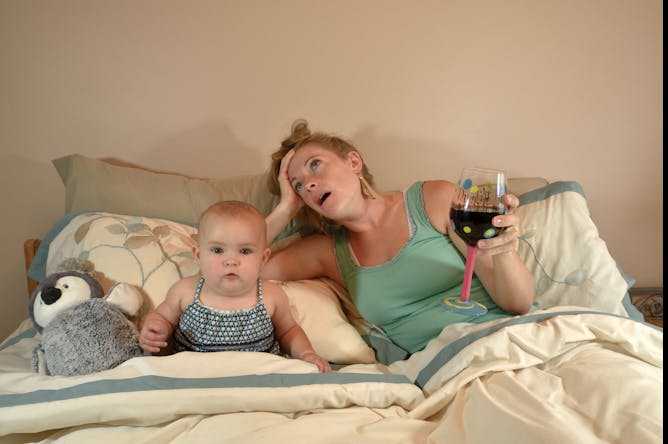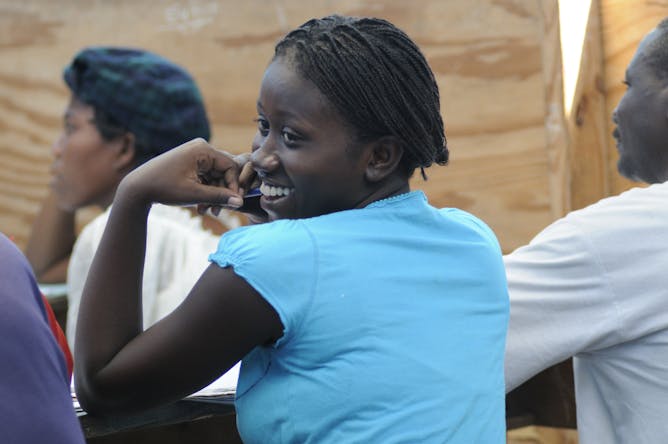|
Three deadly human coronaviruses have emerged within the past two decades: SARS-CoV, MERS-CoV and the current SARS-CoV-2. Disease detectives can spend years trying to figure out where a virus came from, with the hopes of preventing a future pandemic.
All three coronaviruses are thought to have originated from bats and passed through another animal before infecting humans. It took scientists more than 10 years to find the intermediate host for SARS-CoV (palm civets) and more than a year for MERS-CoV (camels). Scientists have yet to find the origins of SARS-CoV-2, although pangolins may be the host.
But the claim that the virus leaked from a virology lab in Wuhan, China has been getting a lot more attention lately. The idea had largely been dismissed early on partly because the claim was wrapped up in xenophobia, racism and bioterrorism conspiracies. But now several scientists have stepped forward to say that an accidental lab leak should be considered alongside the idea that it naturally jumped from animals to humans, and U.S. President Joe Biden has called on U.S. intelligence agencies to investigate.
Today in The Conversation Canada, Benoit Barbeau from the Université du Québec à Montréal takes a closer look at why the lab-leak hypothesis is being considered again. He also explains why some researchers support gain-of-function studies on viruses and outlines their risks.
Also today:
Regards,
|

A security guard leads reporters away from the Wuhan Institute of Virology after a WHO team arrived for a field visit in Wuhan, Hubei province of China, Feb. 3, 2021. The team came to no conclusions about the origins of the pandemic.
(AP Photo/Ng Han Guan)
Benoit Barbeau, Université du Québec à Montréal (UQAM)
Gain-of-function studies make a natural virus more dangerous or transmissible to humans. Could the Wuhan Institute of Virology be the source of SARS-CoV-2?
|

View of Llaca Lake, in Peru, taken from an un-crewed aerial vehicle.
(Rodrigo Narro Pérez)
Rodrigo Narro Pérez, McMaster University
Glacial lakes around the world are expected to flood downstream areas more often as climate change makes them less stable.
|

Research from Alberta points to the burden parents have faced with home learning. Here, a youth passes Bloor Collegiate Institute in Toronto, May 27, 2021.
THE CANADIAN PRESS/Nathan Denette
Paul W Bennett, Saint Mary’s University
The pandemic education shock has raised five critical issues that demonstrate how student learning and achievement and social well-being are far from mutually exclusive.
|

A wine mom is a mother who drinks wine to take the edge off daily tasks associated with motherhood.
(Shutterstock)
Kelly D. Harding, Laurentian University; Lisa M Whittingham, Brock University
The growing popularity of #winemom and its portrayal on social media. Is it humour and empowerment or binge drinking and mental health challenges?
|

Managing your social media activity can have positive outcomes on your health.
(Shutterstock)
Lisa Tang, University of Guelph; Stephanie K. Nishi, Universitat Rovira i Virgili
The pandemic has people spending more time online for school, socializing and work. To maintain a healthy relationship with social media, people should manage their online time and activities.
|

Une jeune haïtienne tout sourire, dans on école communale de Cité Soleil, un des quartiers les plus pauvres des Amériques. Haïti est au dernier rang au monde pour la représentation des femmes en politique et ses dernières tentatives pour remédier à la situation risque d'empirer les choses.
Shutterstock
Gabrielle Bardall, L’Université d’Ottawa/University of Ottawa
Haïti est au dernier rang au monde pour la représentation des femmes en politique. Or, l’inégalité entre les sexes contribue à l’échec du développement économique et humain.
|
COVID-19
|
-
Cameron Watson, Queen Mary University of London; Jonathan Rogers, UCL
Non-specific illnesses, such as headache and fatigue, are common, as are mental illnesses such as depression and anxiety.
|
|
Arts
|
-
Edmund Adjapong, Seton Hall University
Science is often taught from a white or Western standpoint. Can teaching science from a hip-hop perspective make science more relatable to students of color? A hip-hop science educator weighs in.
|
|
Environment + Energy
|
-
Peter Howson, Northumbria University, Newcastle
Chinese bitcoin mining could consume as much energy as the whole of the UK by 2024.
|
|